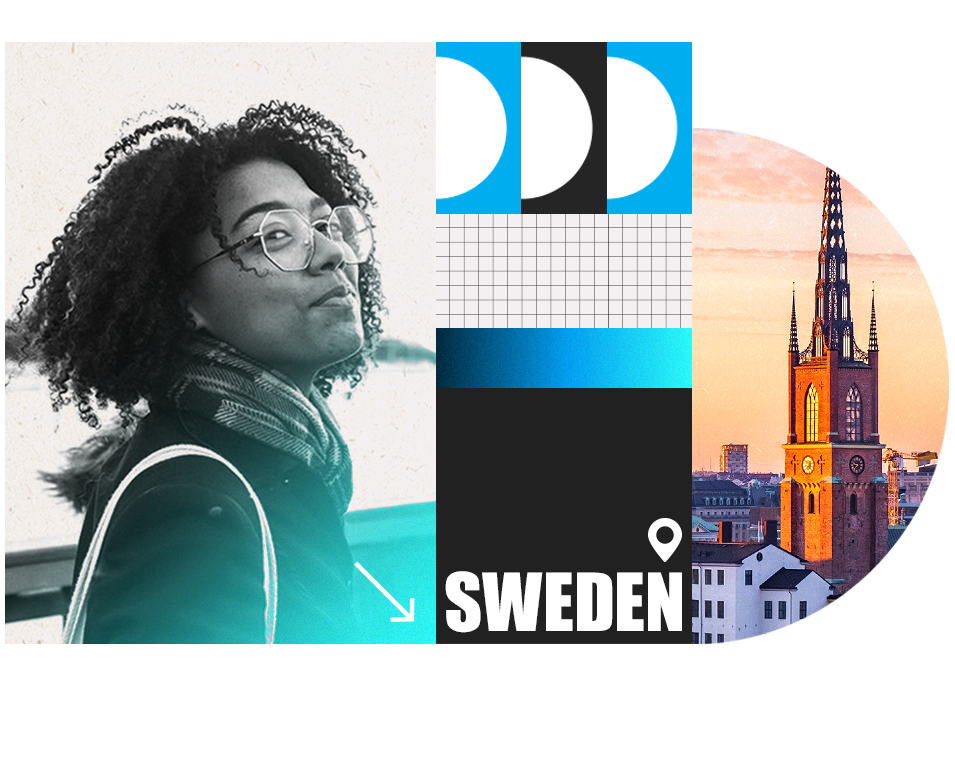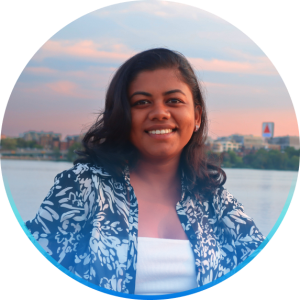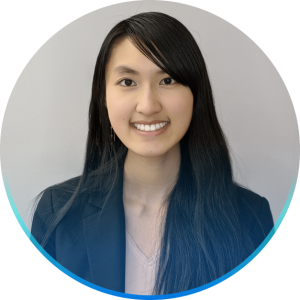Meet our 2023 scholars
Future leaders from across the world were invited to apply to this prestigious program. This scholarship program received an overwhelming response from highly qualified applicants, and we are thrilled to introduce you to the 10 incredible students who were selected as 2023 scholarship recipients.
As part of this fully funded program, they engaged in an enriching online project-based course before traveling to Sweden to take part in an international field study and sessions at the 2023 Nobel Week Dialogue, an event that unites the planet's foremost scientists, policymakers, and intellectuals to explore global issues.
Additionally, these students had the extraordinary opportunity to showcase their projects in an exhibit at the Nobel Prize Museum.

“The Nobel dialogues were an unforgettable experience. This is definitely one of the biggest highlights of the program.”
Maria Alejandra Castaño
Bogota, Colombia
Maria Alejandra Castaño
Bogota, Colombia
|
|

|
|
|---|

Bidhi Mandal
Babson College ‘24
Hometown: Janakpur, Nepal
Project Topic: Social venture funding
Lift Circle is a platform that allows people to empower social entrepreneurs from all over the world financially. It connects its users to charities and social enterprises that are executing cost-effective yet impactful ideas. Social entrepreneurs everywhere face a lot of challenges to acquire funding which makes solving critical issues difficult. By democratizing the process Lift Circle aims to foster an entrepreneurial ecosystem all over the world.

Carlinda Lee
Simon Fraser University '24
Hometown: Vancouver, Canada
Project Topic: Equity
It’s 2023 and finally, the number of women CEOs of Fortune 500 companies exceeds the CEOs named John. Now, it’s not just women underrepresented in key leadership positions, but those from minority racial groups, lower socioeconomic backgrounds, and so on. What’s more, this expands beyond the corporate world, but across healthcare centers, the judicial system, and government where impactful, life-changing decisions are made daily, especially by those at the top.
“The programme is one of a kind experience. It offers you the opportunity to meet and work with people who have the brightest minds and who have the true potential to change the world."
Mihaela Borta
Chisinau, Moldova
Mihaela Borta
Chisinau, Moldova







